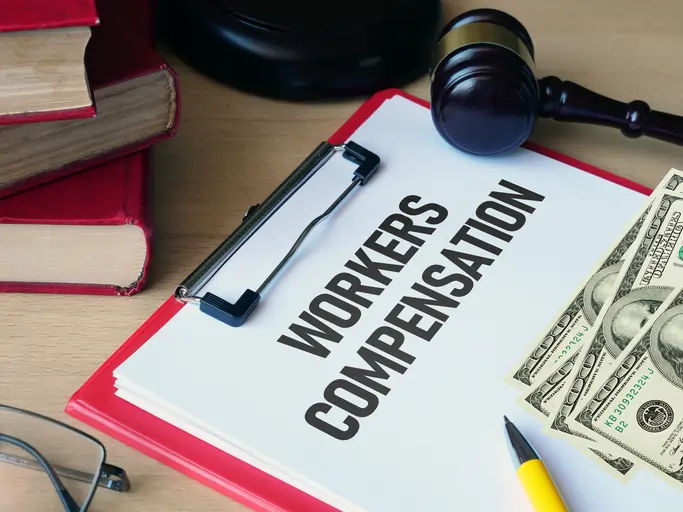
Worker’s compensation laws protect workers who sustain work-related injuries or diseases. These laws provide medical benefits, wage replacement, and rehabilitative support for wounded workers. Though every state has its own unique workers’ compensation program, the basic ideas are the same throughout the country.
Knowing the eligibility requirements, application procedure, and what to do should your claim be denied can enable you to take advantage of the system more successfully. In cases of disagreement on whether the injury was related to work, it is advisable to look for a workers’ compensation lawyer to assist you in navigating the legal complexities and guarantee that you get the benefits you are entitled to.
Workers’ Compensation Eligibility
Several requirements must be satisfied before one qualifies for workers’ compensation benefits:
- Employment Status: The injured party needs to be an employee rather than a volunteer or independent contractor.
- Work-Related Injury or Illness: The ailment or injury has to be exactly connected to conditions or responsibilities associated with the workplace.
- Timely Reporting: Depending on state legislation, the damage has to be reported to the employer within a designated period—usually several days or weeks.
- Medical Documentation: Enough data supporting the claim needs to be given.
Application Method
Usually, filing a workers’ compensation claim requires these steps:
- Notify your Company: Tell your company to start the paperwork procedure right away upon an injury.
- See a Doctor Right Away: This is necessary for treatment and evaluation. Follow-up treatment is also required; your claim will depend heavily on the medical documents.
- File a Claim: Complete the required workers’ compensation forms, usually provided by your company or received from the state workers’ compensation board.
- Submit the Claim: Within the mandated period, send the finished paperwork to your company and the state workers’ compensation agency.
- Wait for the Decision: The claim will be investigated following submission. You might have to provide more documentation or go through more medical examinations.
Should your claim be approved, benefits will begin to flow. Should your claim be dismissed, you are entitled to appeal the ruling.
Common Causes for Denial
Denied claims for workers’ compensation might be made for a number of reasons, including:
- Late Reporting: The injury was not reported within the required window.
- Insufficient Evidence: Lack of appropriate medical records or evidence connecting the injury to your employment.
- Arguments About Employment Status: Questions about whether the injured party is an employee.
- Pre-existing Conditions: Should the harm be judged to be the outcome of a pre-existing ailment, claims could be denied.
Actions to Take Should Your Claim Be Denied
Denial does not imply that the road ends. Follow these steps should your workers’ compensation claim be denied:
- Study the Denial Letter: Know the causes of denial as the letter describes.
- Compile Extra Evidence: Get any missing records or fresh medical evidence bolstering your claim.
- File an Appeal: This must be done within the assigned period to the state workers’ compensation board. This can call for a formal hearing where you may make your case.
- Speak with a lawyer: To increase your prospects of a successful appeal, think about getting legal help. Throughout the appeal process, a workers’ compensation attorney can offer great direction and representation.
Worker’s Compensation Benefits
For injured workers, workers’ compensation provides a number of benefits, including:
- Medical Benefits: Coverage for medical costs connected to the injury—including hospital stays, surgeries, and drugs.
- Wage Replacement: Partial pay replacement for the period the injury renders an employee unable to work.
- Rehabilitation Services: Rehabilitation services support physical therapy and vocational rehabilitation to enable the employee to return to work.
- Disability Benefits: Compensation for either a temporary or permanent disability brought on by an injury.


